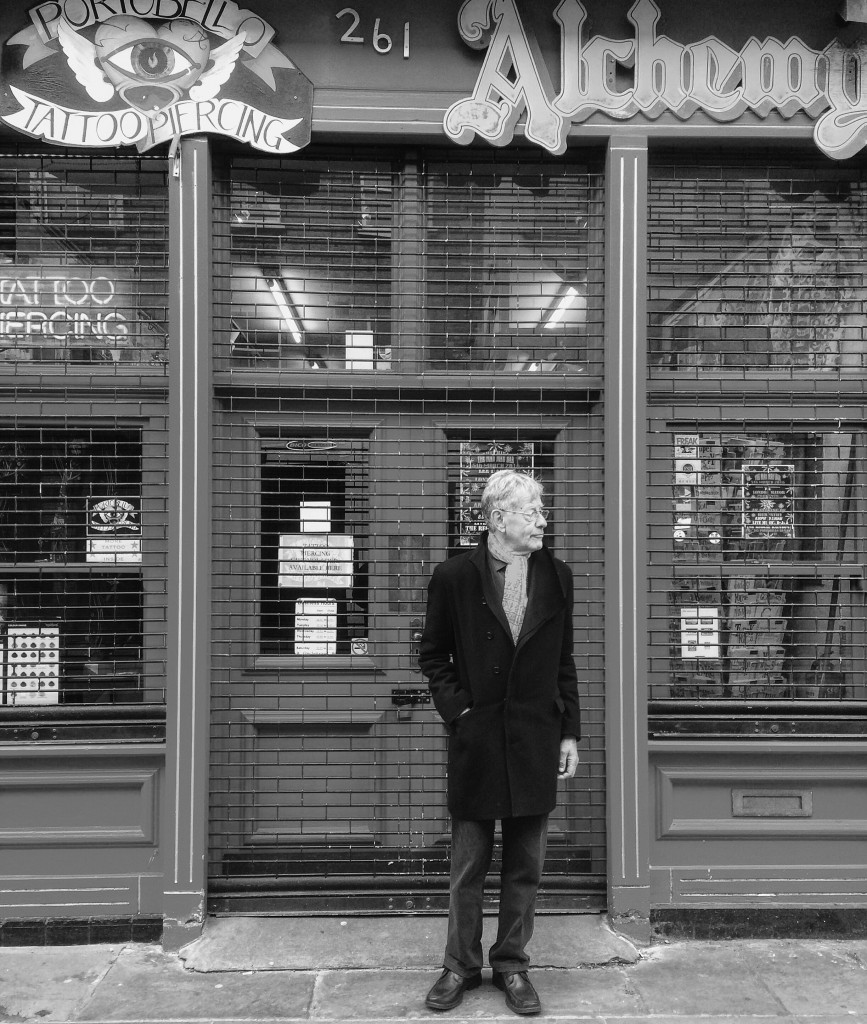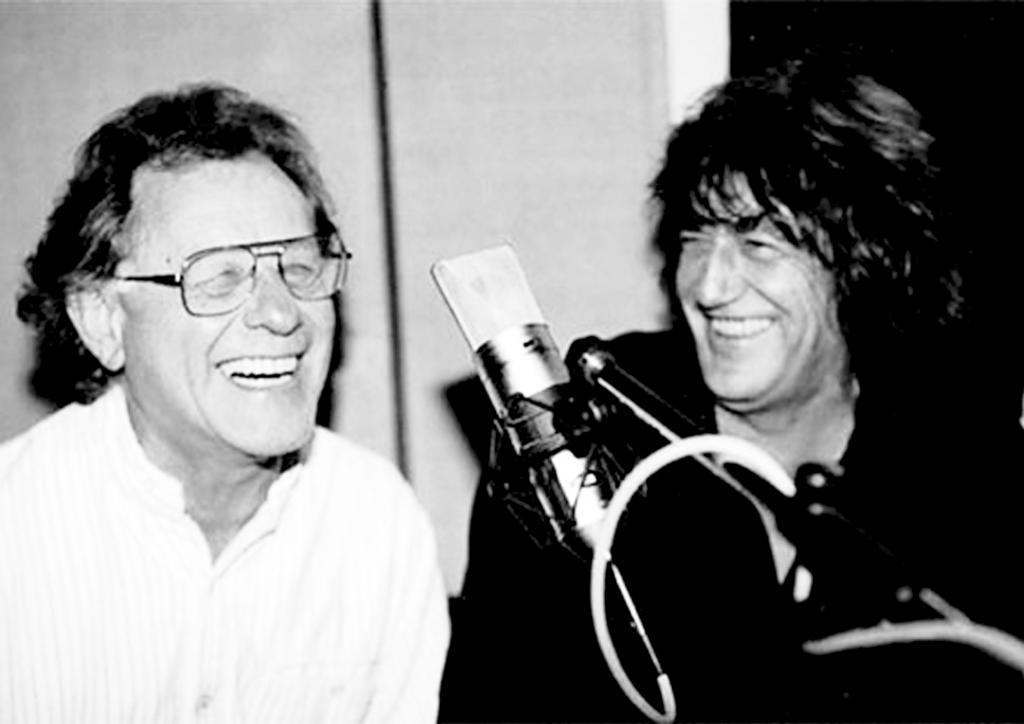ILLEGAL! is a new magazine that deals with drugs and culture. Sold on the streets of the UK by people who use drugs and others from marginalised groups, £2 from each copy sold is kept by the vendor, providing a valuable alternative income for people who would otherwise rely on criminality or prostitution to support themselves. VolteFace has teamed up with ILLEGAL! to present highlights from each edition online in a regular column. We are excited to be able to champion the work of ILLEGAL! Magazine, and if you see someone selling, we recommend you buy a copy to discover more great stories. This week, Lee Harris takes us back through over 50 remarkable years of cannabis activism.
I am the romantic revolutionary that resides in the soul of all of us, always rejuvenating and reinventing myself through alchemical rebirths and spring returns. I am part of the continuum, the passing flow of events that touch our lives and help us transform ourselves, and sometime the world around us.
My parents were Lithuanian Jews who left behind the Czarist pogroms and the coming of Bolshevism and fled to South Africa, to Johannesburg where I was born in 1936. My father died when I was nine years old and I spent the next three years in an orphanage. My mother remarried but I never got on with my stepfather. I started work in a clothing factory as an apprentice when I was sixteen.
At the age of eighteen I had a personal and political awakening from the conditioning of white Apartheid rule, who gave no vote and property rights to the non-white majority of citizens. I became a member of the Congress Movement and joined the struggle against unjust racist laws. I became a freedom fighter for a noble cause. “Freedom in our lifetime” became our clarion call.
It was an auspicious time. A life-changing moment for me. They were preparing for the Congress of the People, to proclaim a Freedom Charter, that the land belonged to all the people. In the weeks before the congress I was taken by a professor and activist to the downtown offices of two African lawyers, Nelson Mandela and Oliver Thambo and I sat with them and listened as they discussed the coming congress, which took place at Kliptown, near Soweto on the 25th-26th of June 1955. I sold the political newspaper New Age which was edited by Ruth First, who was blown up by a parcel bomb at Maputo university in Mozambique a few years later.
On the second day, a Sunday, the gathering of over three thousand, were surrounded by two hundred policemen armed with rifles. As the white police chief walked through the crowd to the platform, the mainly African delegates stood up and sang the anthem Nkosi Skelele Africa (God Save Africa). It was the most emotional moment in my life, I was so proud and humbled to be there. Six months later I left South Africa to study dramatic art and start a new life in the United Kingdom, having been liberated personally and radicalised.
By the time I arrived in London aged nineteen, I was a humanist, anti-racist and pacifist. I was inspired Dr. Yusuf Dadoo, a South African Indian communist and anti-apartheid activist, who was the leader of the Defiance Campaign in the Fifties and a follower of the Mahatma Gandhi. We used to sing “In 1951 when defiance was begun, mounting oppression was the cause for the defiance of unjust laws”. In 1958 I was on the first CND march from London to Aldermarston. I waited for thirty-eight years for apartheid to go and Nelson Mandela to be the first president of a democratic South Africa.
After finishing drama school I started writing plays and articles, and came on the scene as a moral crusader in 1963, exposing the purple-heart pep-pill craze of the young Mods in Soho clubs. I worked with the investigative journalist Anne Sharpley of the Evening Standard and the Member of Parliament for Paddington Ben Parkin and questions were raised in parliament. I was instrumental in getting amphetamines banned under the Misuse of Drugs Act of 1964.
During this period I came into contact with cannabis users in the West End and I had my first puff of the herb, trying to inhale, walking along Oxford Street late on a Saturday night. A new cannabis culture was beginning in the Mod clubs and coffee bars in Soho frequented by young West Indians, bohemians, artists and students. I had my first bust in February 1967. I was searched coming out of a club in Soho by plain-clothed police and charged with possession of a tiny bit of cannabis valued at five shillings (25p at today’s value) and fined thirty pounds. I had my first criminal conviction.
By the Summer of Love of that year I was a hippie with flowers in my hair, at the Legalise Pot Rally in Hyde Park, where thousands turned up. We were the flower children, the hippiest of the beautiful people decked with the flowers of the hedgerow in our hair. I appeared in a photo on the back page of The Guardian and on TV’s Panorama hippies.
Later that year at the University of London I took part in a debate with Steve Abrams, an American Oxford graduate, on the motion ‘that this house would rather be high than holy’ with a Jesuit priest and the students’ chaplain. We lost but hundreds turned up including Lord Annan, the provost of the University.
During the late Sixties and early Seventies there were lots of stop and searches and police raids on premises because The Dangerous Drugs Act of 1967 allowed the police to do stop and searches just for drugs for the first time. The Act was passed with minimal debate in parliament.
Young people were being persecuted and politicised by the ruthless action of the police. There was a burgeoning counter-cultural movement and the hundreds of thousands who smoke cannabis came from all walks of society and every part of the United Kingdom.
Outraged at the treatment handed down to hippie drug users by the police and courts, art students Caroline Coon and Rufus Harris founded Release in a basement flat in Shepherds Bush and installed the worlds first 24-hour drugs and free legal advice telephone line. Organised by Steve Abrams and financed by the Beatles, The Times newspaper carried the first Cannabis Law Reform full-page advertisement, signed by the great, good and groovy declaring that the laws on cannabis are immoral in principle and unworkable in practise.
In 1972, with the support of Release, CARO (Cannabis Action Reform Organisation) was launched to change the drug laws demanding the legalisation of possession of cannabis. I was on the committee, a brave but fruitless task. That same year I started my indoor stall in the Portobello Market on a Saturday called Alchemy to serve the needs of the long-haired hippies who were returning from the journey to the East on the hash trail from Khatmandhu. I was selling balms, incense and herbal highs like ginseng, damiana. Alchemy is now London’s oldest headshop and the longest-running alternative, counter-culture enterprise in the Portobello Road.
By the late Seventies the LCC (Legalise Cannabis Campaign) and the anarchic Smokey Bears were active, and I published and edited ten issues over five years of Homegrown, Europe’s first cannabis magazine. In February 1980 the Kosmos in Amsterdam was the venue of the ICAR (International Cannabis Alliance for Reform conference, which Homegrown co-sponsored. Since then there have been numerous marches, campaigns, festivals, rallies and picnics all over the country.
I have championed the rights of drug prisoners abroad, serving long sentence often in inhuman conditions. I was one of the first to welcome Howard Marks home after serving his sentence in the USA.
In 1990 I was sentenced to three months imprisonment for selling items such as cigarette papers and pipes ‘believed to be used for the smoking of cannabis’. The sentence was quashed on appeal, and headshops opened all over the country. The law against cannabis is simply archaic and belongs to a bygone era of prejudice and ignorance. It is simply wrong that young people can have their career options blighted or travel options restricted because of a criminal record for cannabis possession. Public opinion is now in favour of change.
Two of my most memorable moments of cannabis activism have been to be named in Release’s Roll of Honour, and to be one of the candidates to represent CISTA (Cannabis is Safer Than Alcohol) in the London mayoral elections of 2016.



